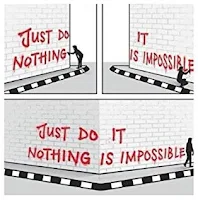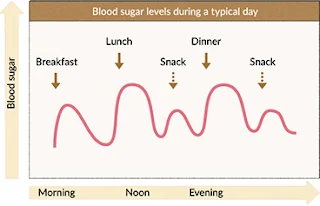Perspectives
Introduction
Perspective can be viewed as the way of how we viewed the world.
- Even when presented with the same scenario, people can interpret it differently.
- Ali value Abu's friendship and therefore prioritized responding to Abu quickly despite his own busy schedule.
- On the other hand, Abu might be unhappy with the way Ali was in a rush during the phone call.
When we are able to see things from different perspectives, we are better able to understand and appreciate the different viewpoints and experiences of others.
Decision Making
It can be insightful to consider different viewpoints on the same topic.
- It is akin to a presentation where each person may approach the same issue from a different angle, placing emphasis on different aspects and representing different schools of thoughts.
The perspective we have when making decisions often depends on our position or role in a given situation.
- What may seem like a good decision from one position may not be the best decision from another.
- For example, an employer may may prioritize maximizing productivity and profitability, while an employee may prioritize maintaining a healthy work-life balance and job satisfaction.
Decisions are not always perfect.
- However, there is always the opportunity to revisit and revise them later.
Nonetheless, before attempting to improve a system, we should have a comprehensive understanding of the current system.
- While outsiders may offer suggestions for improvement, these suggestions may not be practical or effective, as they may not take into account the existing limitations and challenges faced by those working.
Furthermore, keep in mind that those who gossip with you will later gossip about you!
Action Speaks
- Our minds, drawn by the "law of attraction", tend to amplify existing thoughts and emotions.
- When we start to doubt ourselves or become unhappy, it can be easy to get caught in a negative spiral, which can make us feel even worse.
Hence, if you are trying to decide which truth to believe, pay attention to a person's actions, not merely their words.
- It is easy for someone to say one thing and do another, but when someone's actions match their words, it shows that they are sincere and trustworthy.
Pharmacy Practice
As healthcare professionals, we interact with patients daily so much that we sometimes forget to consider their perspective.
- When they are sick, they are often at their weakest point and feel helpless.
For instance, a patient once expressed concerns about her blood sugar level. She had checked her random blood sugar level and found it to be 12 mmol/L one hour after a heavy meal.
- The patient was worried about her high blood sugar level.
- As a healthcare professional, we clearly know that blood sugar levels can fluctuate throughout the day.
- After ingesting starchy food, blood sugar levels typically rise but are eventually lowered by insulin secretion in the body.
- In diabetes mellitus, there may be insufficient insulin secretion (in Type 1) or poor response to insulin (in Type 2).
- By providing this information, we can help alleviate the patient's concerns and provide them with valuable health education.
Furthermore, even among pharmacists, there can be a diversity of recommended remedies for common ailments, such as the common cold.
- This is due to factors like individual clinical judgement and the incorporation of customer feedback.
- For example, I tend to recommend cetirizine, while my colleague favours loratadine.
Summary
Another crucial realization in life is that time alone does not necessarily heal all wounds.
- Rather, it is the perspective we gain with time, allowing us to view the issue from a greater distance and ultimately let go, that facilitates healing.

-min.jpg)

Comments
Post a Comment